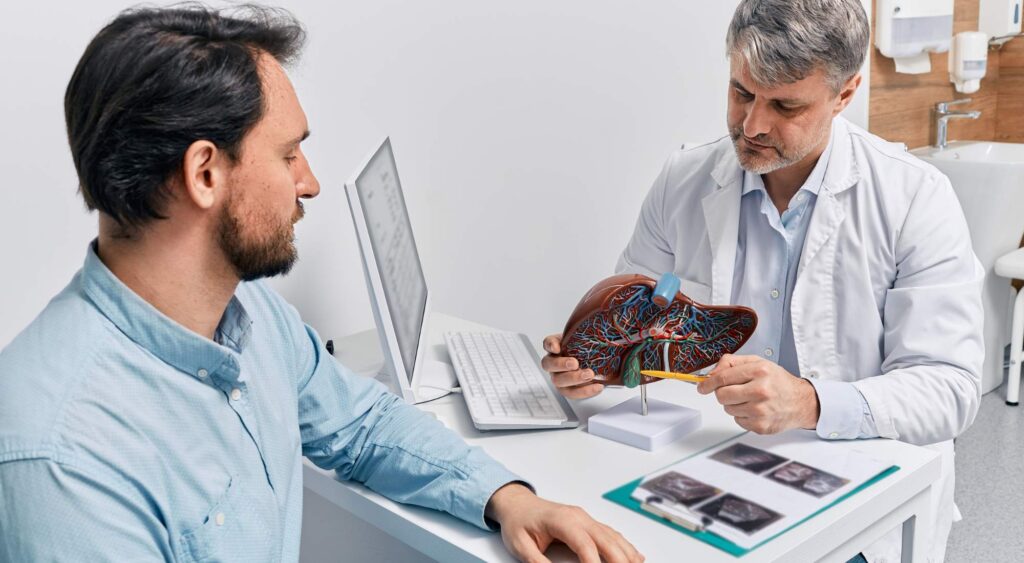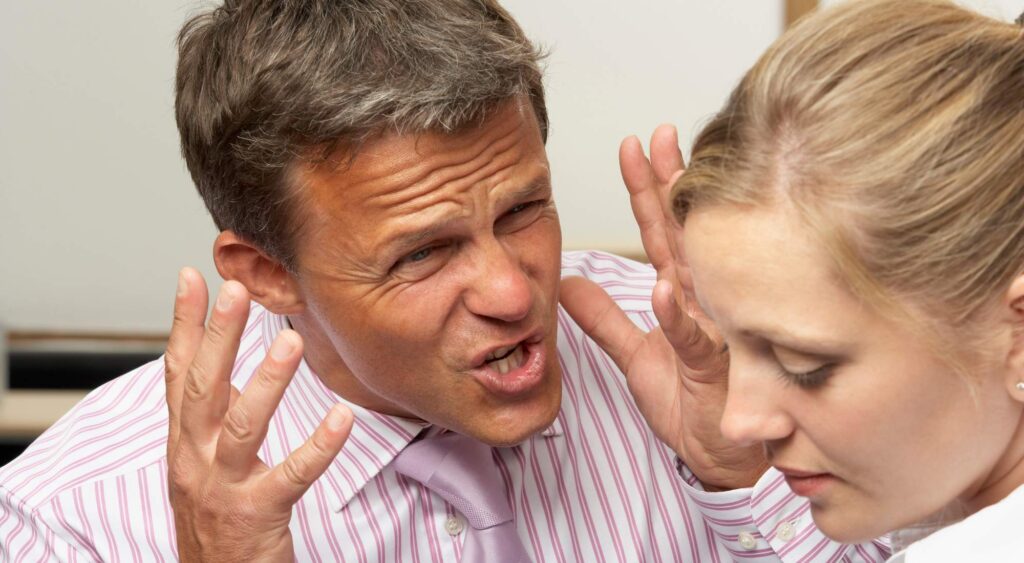Post-traumatic stress disorder (PTSD) is often associated with military experiences or violence, but many events can contribute to this disorder. About 5 out of every 100 adults has PTSD in any given year. Some of the most common events that can lead to PTSD include serious accidents, physical or sexual assault, and childhood abuse.
Effective treatments for PTSD are offered at Recovery Cove. Our goal is to help individuals with PTSD manage their symptoms, regain control over their lives, and find a path to recovery. Our PTSD Treatment in Lehigh Valley, PA can also treat co-occurring mental health and substance use disorders in tandem for the best results. Let’s learn more about the symptoms of PTSD, how the condition is diagnosed, and how our Mental Health Program can help.









